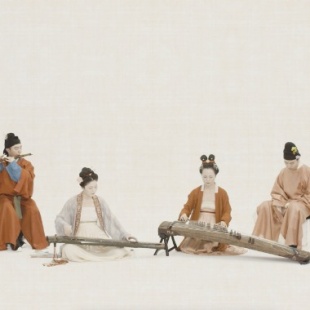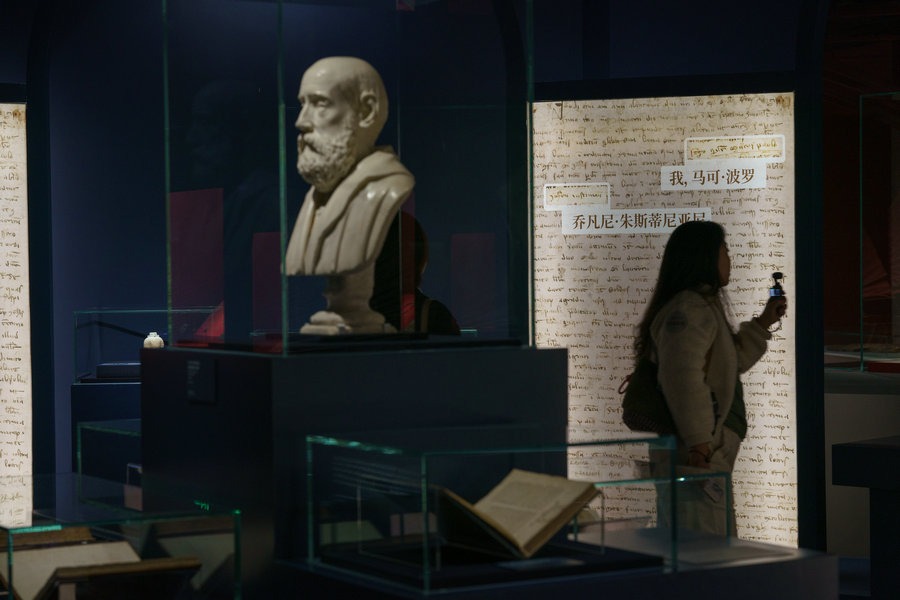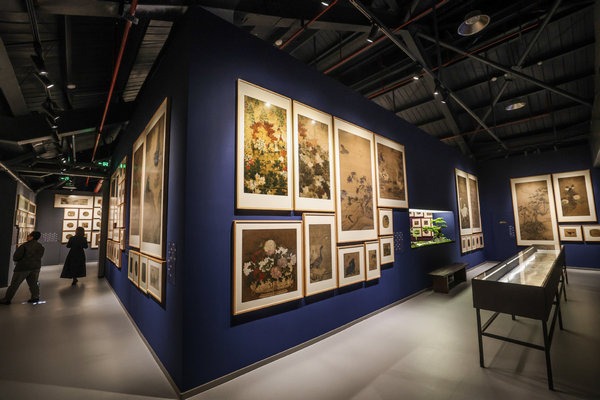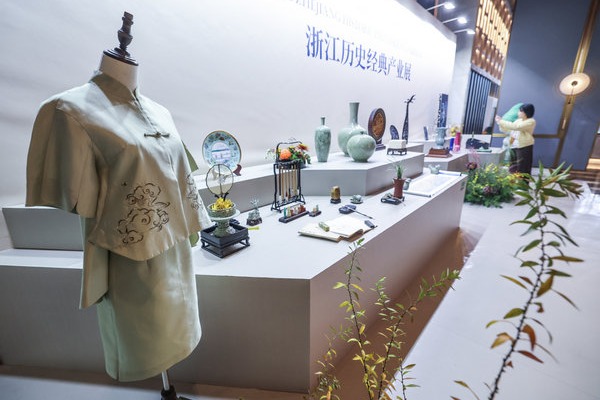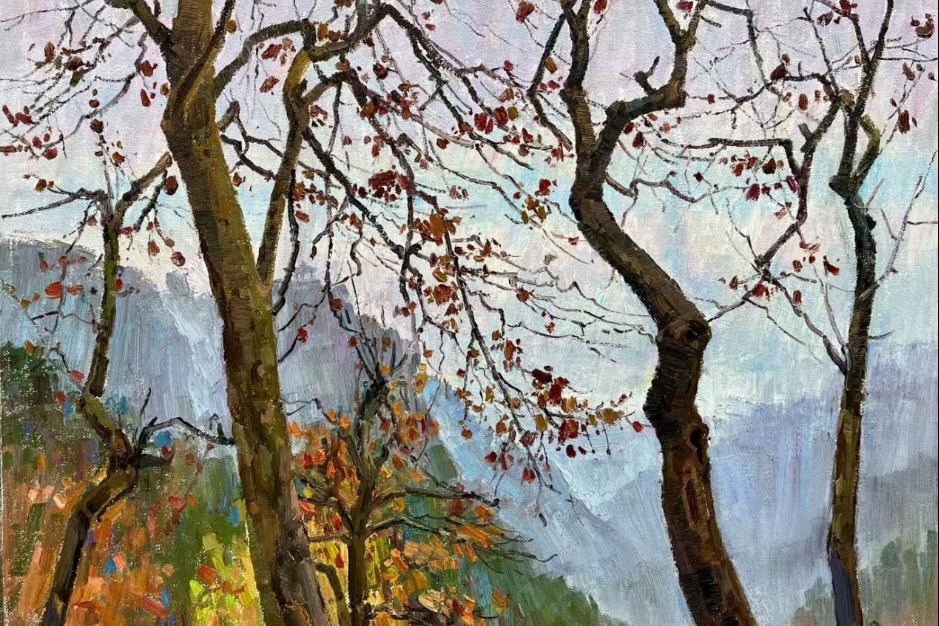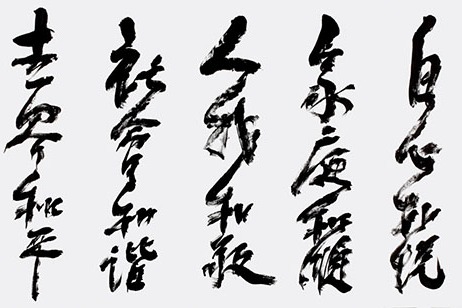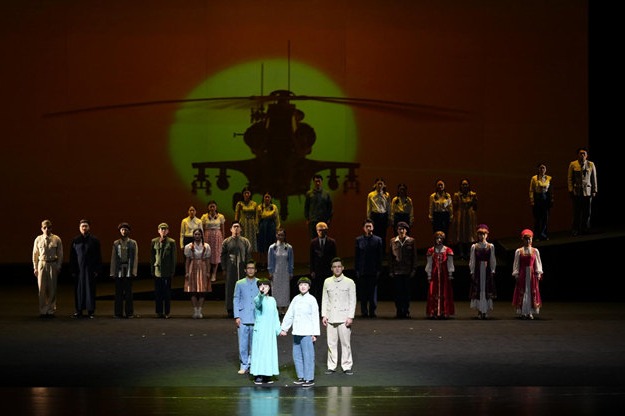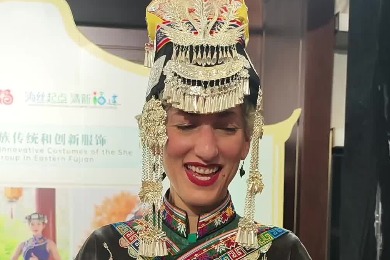In harmony with the past

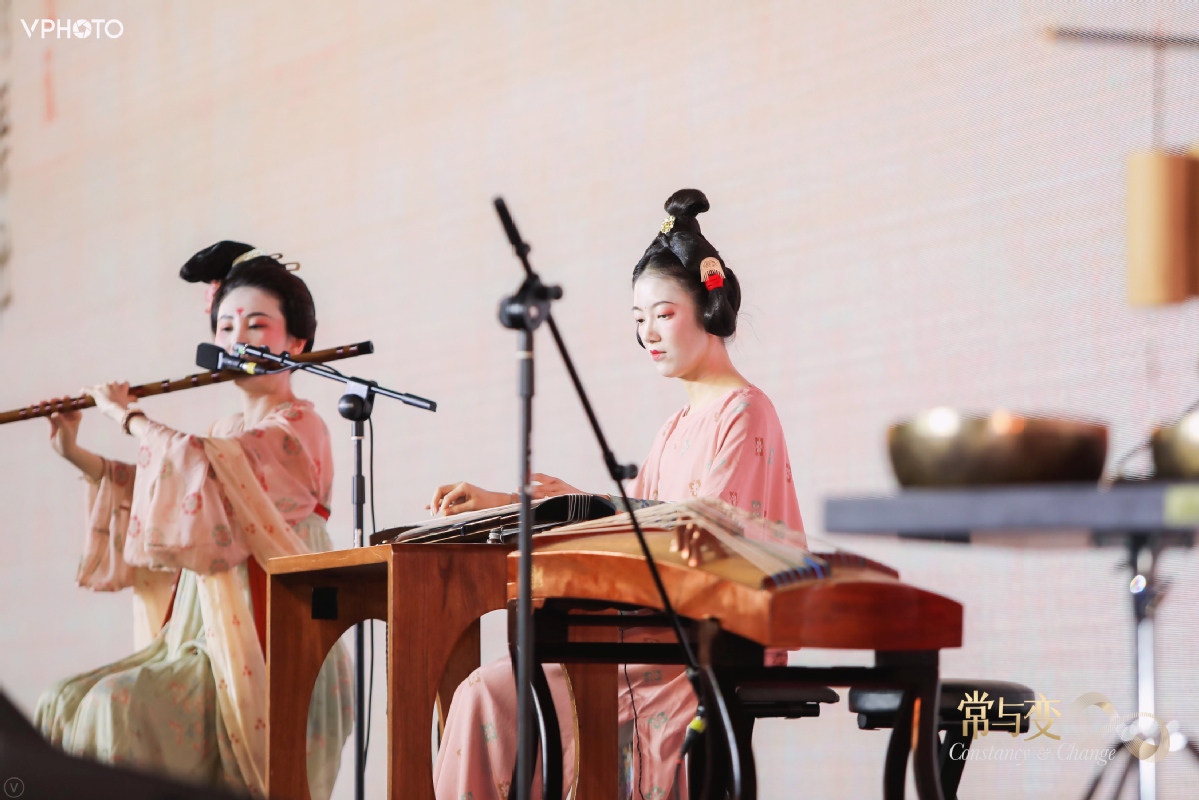
A different tune
Most of the innovative endeavors they've made to deliver a guqin-centered performance aim to nurture a larger group of receptive listeners and even enthusiasts for the time-honored instrument, especially among the younger generation.
Another studio member Bai Wuxia, 28, knows how to go a step further in that direction.
Her interest in the guqin first appeared when she was in primary school through reading the martial arts novels of Hong Kong writer Louis Cha.
"Many fictional characters in his books play the guqin, which gave me a vague but romantic impression of the instrument," recalls Bai.
At that time though, it was hard to find a proper guqin class in her hometown of Changsha, Hunan province. She didn't actually get to touch the instrument until her summer vacation in 2010.
Back then, the high schooler had just finished gaokao, or the college entrance examination, and followed the suggestion of her father, a materials science professor, to major in his field of expertise. She enrolled in the Sino-European School of Technology of Shanghai University.
As a reward, her parents found Bai a guqin studio located on western Changsha's Yuelu Mountain, where she learned the fundamentals of the instrument.
At university, she joined a music club focusing on traditional Chinese instruments, but the club struggled to attract more young enthusiasts.
To bring in more students, she came up with the idea to collaborate with their school's kung fu club and stage a musical themed around martial arts. The musical was a hit. It helped the club become more popular. It not only attracted more members, but also paved the way for them to perform at a theater festival in Shanghai.


